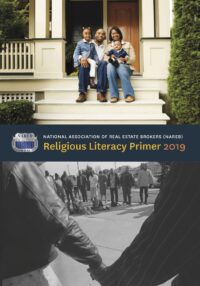POPULATION
In 2006, there were an estimated 850,000 members in 3,500 churches.
GOVERNANCE
Like the AME Church and AMEZ Church, the CME Church is hierarchical, with each district presided over by a bishop, who serves for four to eight years. Presiding elders and pastors serve at the pleasure of the bishop.
HISTORY
The Colored Methodist Episcopal Church in America (CME) was organized December 16, 1870, in Jackson, Tennessee, by former slaves who had been members of the Methodist Episcopal (ME) ChurchSouth. On December 21, 1870, William H. Miles and Richard H. Vanderhorst—two Black preachers who were elected bishops and ordained by Robert Paine, Senior Bishop of the ME Church-South— assumed the episcopal oversight of the new jurisdiction. The CME Church soon emerged as one of the most influential organizations in AfricanAmerican communities throughout the South. Beginning with approximately 78,000 members, competent leaders, several hundred congregations, and title to hundreds of pieces of church property, the CME Church had, by the turn of the century, expanded beyond the Mason-Dixon Line, following the migrations of African-Americans to the North, Midwest and Pacific Coast. At the close of World War I, the CME Church was established wherever significant numbers of AfricanAmericans were located. Influential AfricanAmericans of the CME Church include William H. Miles, its first Bishop; Lucius H. Holsey, a leader in establishing CME schools; Charles H. Phillips, a major influence in expanding the church; Helena B. Cobb, founder of an institute for Black girls and an early proponent of women’s rights; Channing H. Tobias, Chairman of the Board of the NAACP; John Hope Franklin, historian of African-Americans; William Y. Bell, who served as Dean of the School of Religion of Howard University; B. Julian Smith, a leader in the ecumenical movement; Joseph A. Johnson, Jr., a theologian; and Alex Haley, author.
